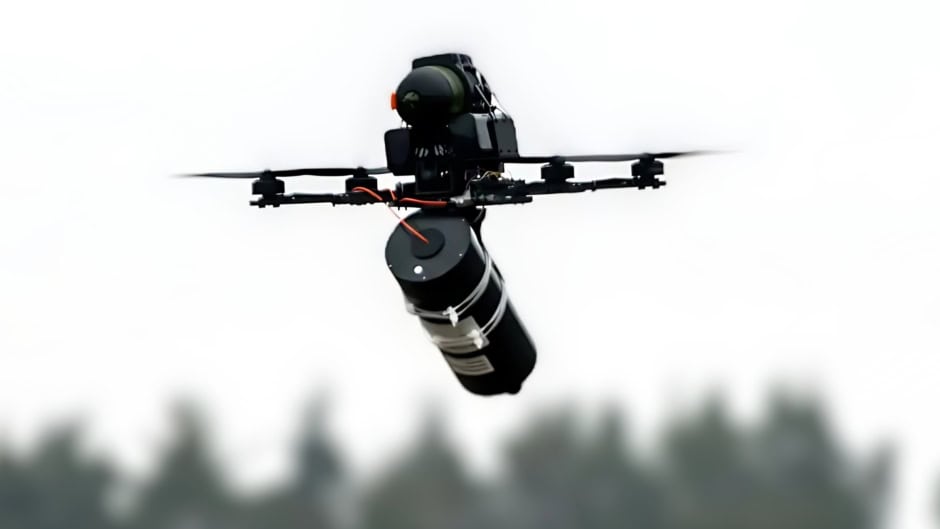In the rapidly evolving landscape of modern warfare, Ukraine has unveiled a groundbreaking advancement in drone technology that is reshaping the battlefield. On April 23, 2025, Ukraine’s defence technology group, Brave1, showcased the capabilities of fibre-optic-controlled first-person view (FPV) kamikaze drones, designed to bypass Russia’s sophisticated electronic warfare (EW) systems.
These drones, tested over a challenging 20-kilometre (12.4-mile) course, represent a significant leap forward in countering jamming technologies that have long hindered traditional radio-controlled drones.
Unlike conventional FPV drones that rely on radio signals, which are vulnerable to Russian jammers, Ukraine’s new drones utilize a fibre-optic cable to maintain a stable, interference-free connection between the drone and its operator.
It is to note that Russia has been a pioneer in deploying fibre-optic drones, with models like the “Prince Vandal of Novgorod” gaining notoriety for their jamming resistance since their battlefield debut in August 2024.
Due to their advanced capabilities, many countries have bought and developed drones in collaboration with Russia. In line of the recent tensions between India and Pakistan, it is important to note that both countries have invested in grade-A drone capabilities to flex their military might. Over the years, India has bought warfare drones from the US, Israel and France, whereas Pakistan retaliated by equipping its arsenal with Turkish ones.
By outmanoeuvring Russian jammers, these drones will now enable Ukraine to strike deeper and more effectively, targeting everything from armoured vehicles to fortified positions.

 2 min read
2 min read



















